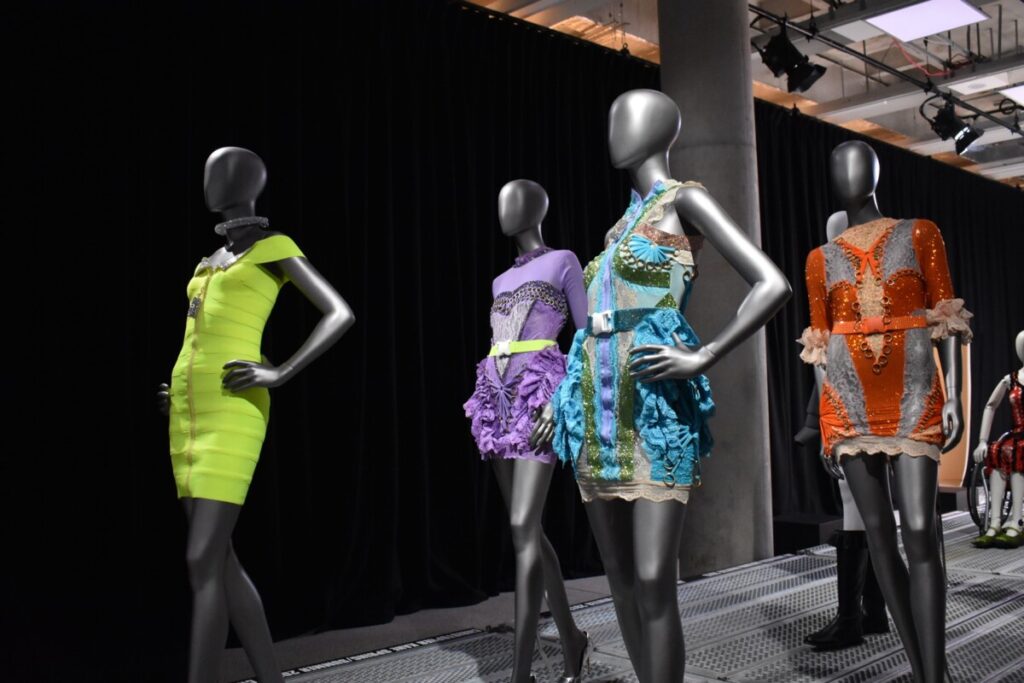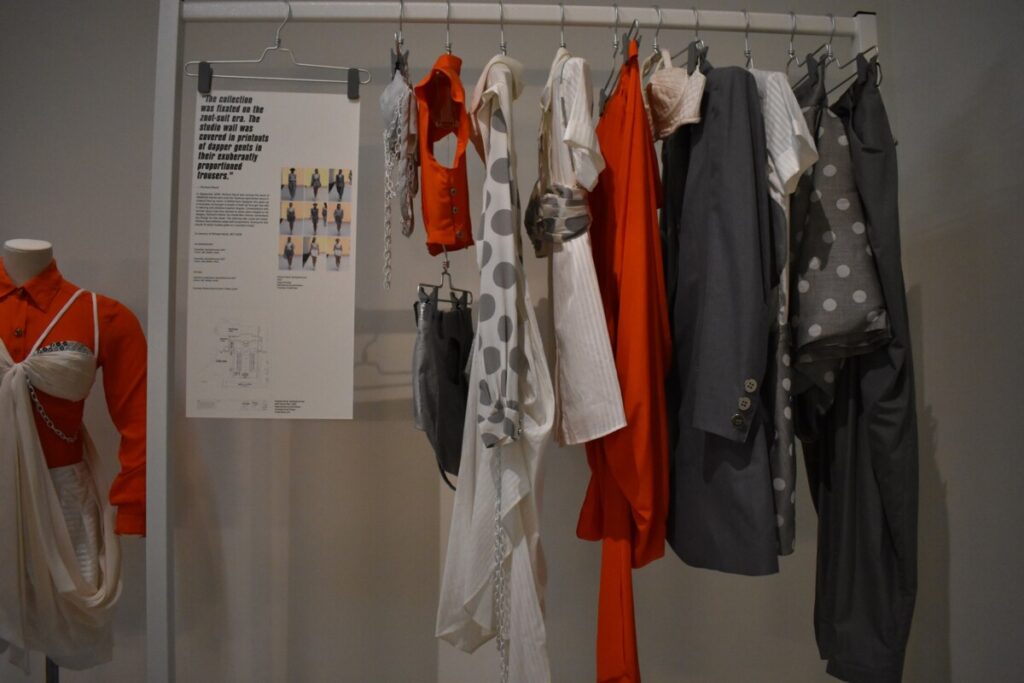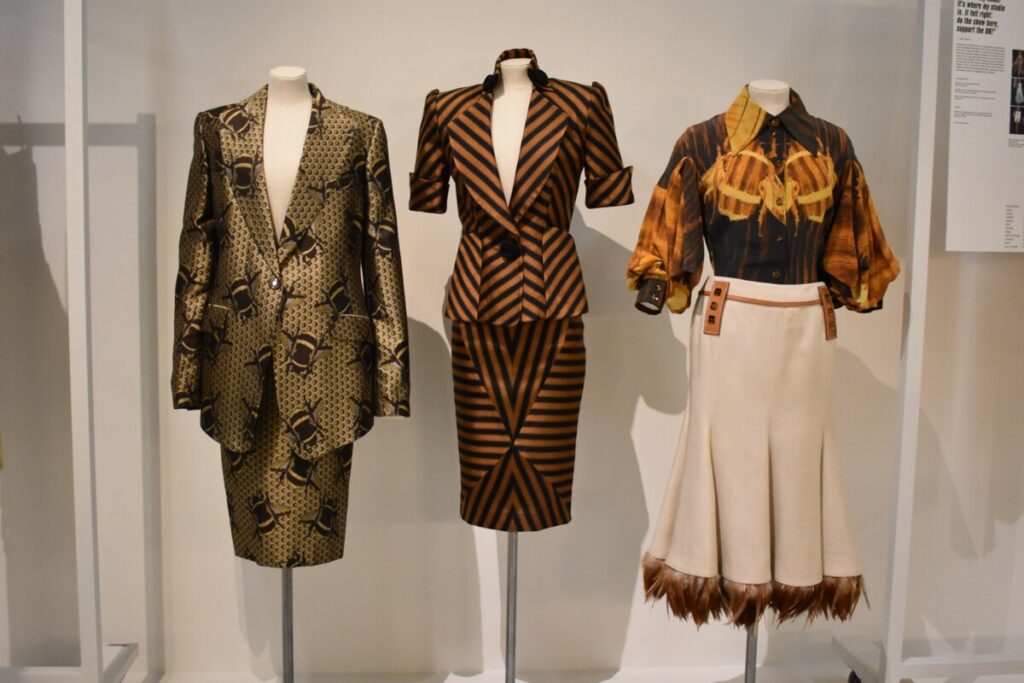How the British Fashion Council and Copenhagen Fashion Week 2025 are Pioneering a Sustainable Future?
With the official launch of Copenhagen Fashion Week 2025 just around the corner, the collaboration between the British Fashion Council (BFC) and Copenhagen Fashion Week (CPHFW) is a topic of great importance. Likewise, this groundbreaking initiative showcases their commitment to promoting sustainable practices and innovations. Above all, it aims to transform the fashion industry in both the Nordic and British markets. In short, the strength and unity of this partnership promise to be a significant advancement in the pursuit of sustainability. Today, it’s crucial for us all to be aware of this industry-wide impact.

The British Fashion Council (BFC) plays a vital role in an exciting collaboration to promote sustainability in the fashion industry. In the same vein, they will introduce the Sustainability Requirements framework developed by Copenhagen Fashion Week (CPHFW). However, this initiative launched alongside the BFC NEWGEN program in 2025, integrating Minimum Standards into the existing mandatory admission criteria. After a thorough onboarding and pilot phase, full implementation is expected by January 2026. In short, this creative collaboration will guide the fashion industry toward a more sustainable future.
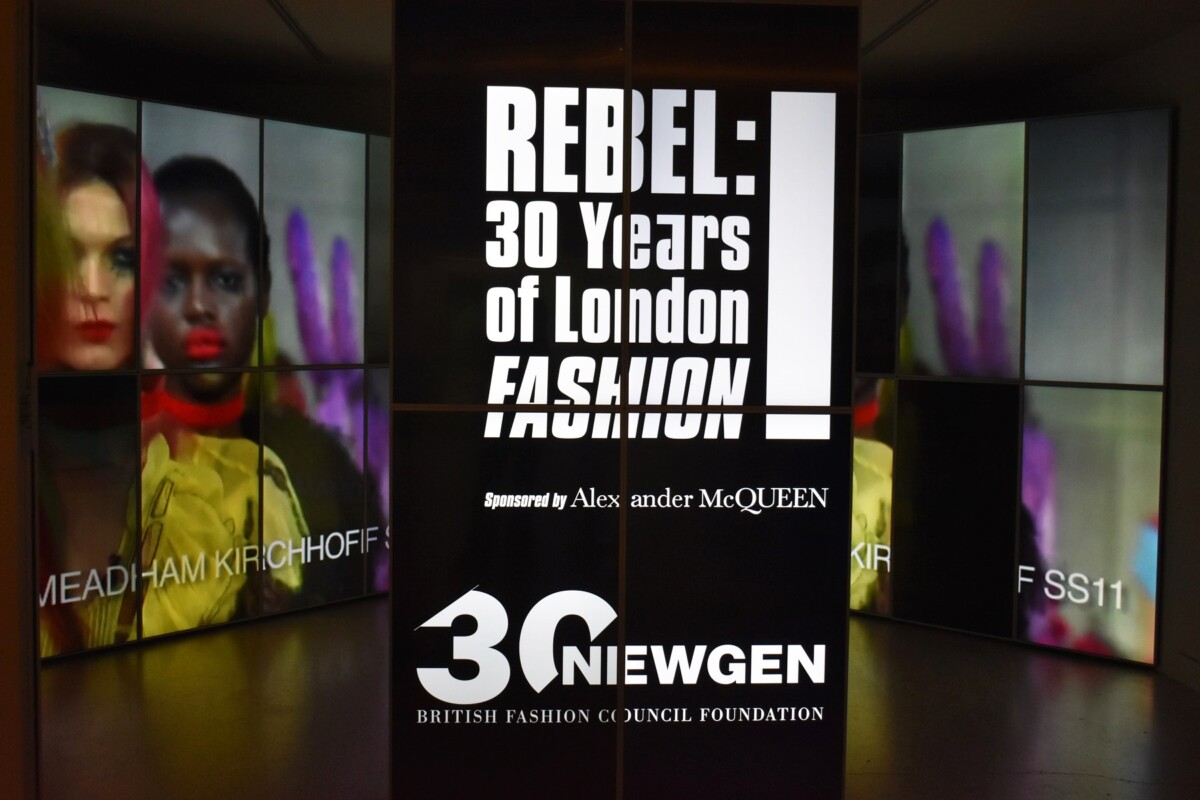
Caroline Rush, Chief Executive of the British Fashion Council, expressed her excitement about the collaboration, saying, “We are thrilled to align with the Copenhagen Fashion Week Sustainability Requirements across BFC NEWGEN; this builds on our existing Minimum Standards and reaffirms our commitment to driving positive change across the global fashion industry. This partnership is a significant step in ensuring that sustainability becomes integral to the future of fashion. We are creating a framework that empowers emerging designer fashion businesses to lead the way and contribute tangibly to a more sustainable and responsible industry. This is a pivotal moment for the future of fashion.”
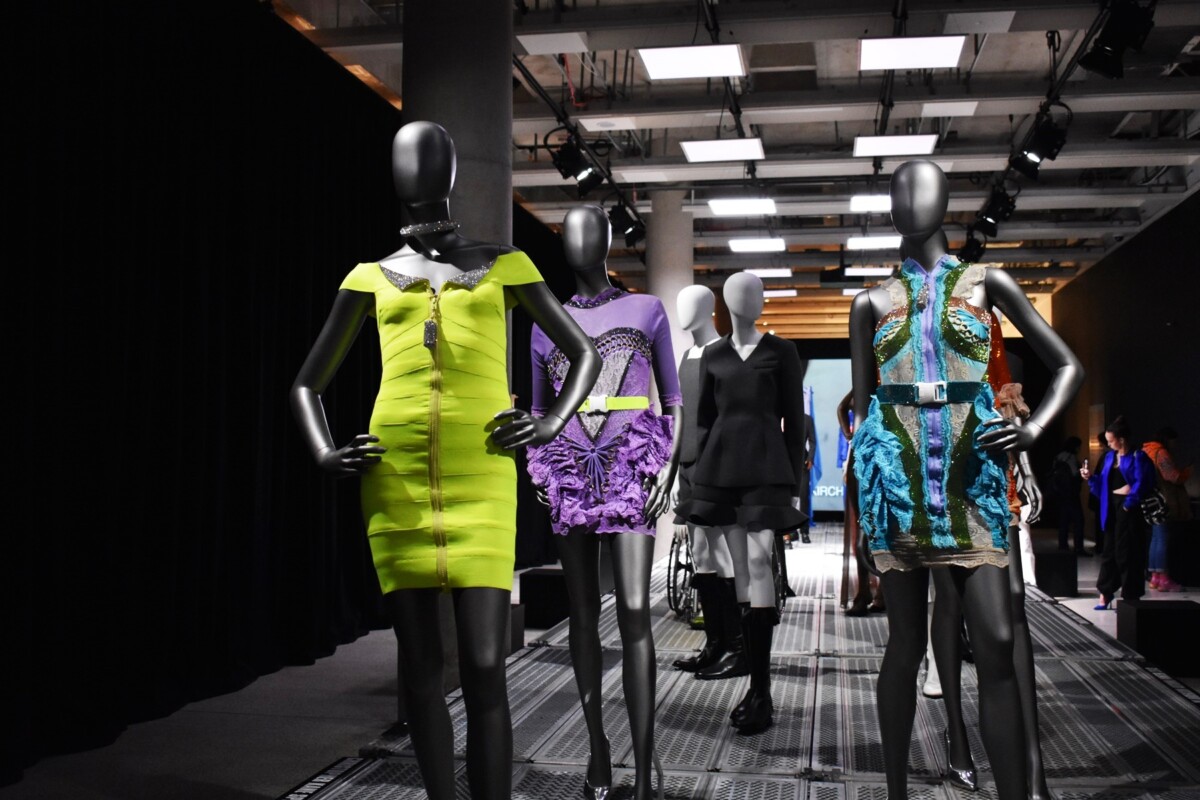
Cecilie Thorsmark, CEO of Copenhagen Fashion Week, said, “We are delighted to join forces with the British Fashion Council to expand the reach of our Sustainability Requirements further. This partnership fosters much-needed industry alignment and underscores the unique potential of fashion weeks and councils to drive positive change within the industry. With the British Fashion Council, as an influential player in the global fashion landscape, we see a lot of potential further to amplify the impact of our collective commitment to sustainability.”
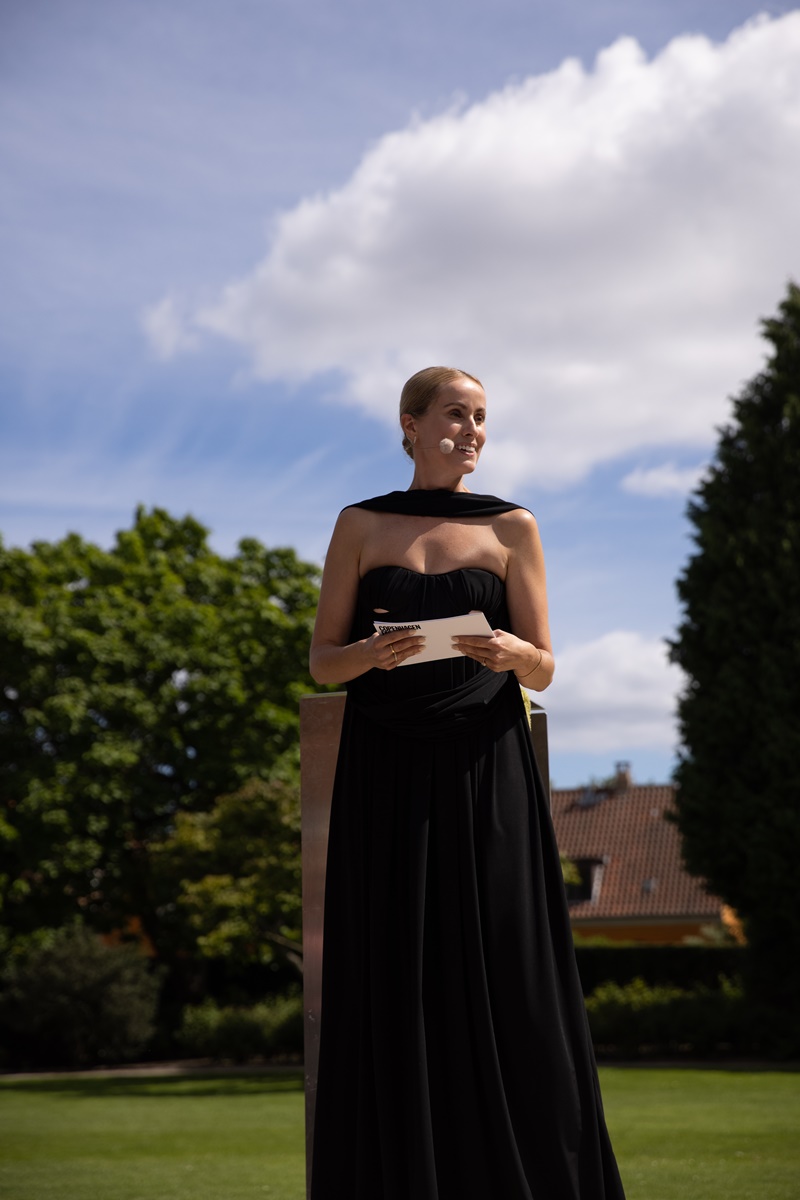 James Cochrane photo credits
James Cochrane photo credits
Revolution in Fashion: Sustainability at the Heart of British and CPHFW Initiatives.
This partnership is essential for the British Fashion Council’s (BFC) ongoing initiatives through its Institute of Positive Fashion (IPF). The IPF was established as a dedicated think tank to address the fashion industry’s urgent environmental challenges. Moreover, Its primary aim is to help designers, brands, and industry stakeholders adopt sustainable practices that minimize ecological harm while promoting proactive climate action.
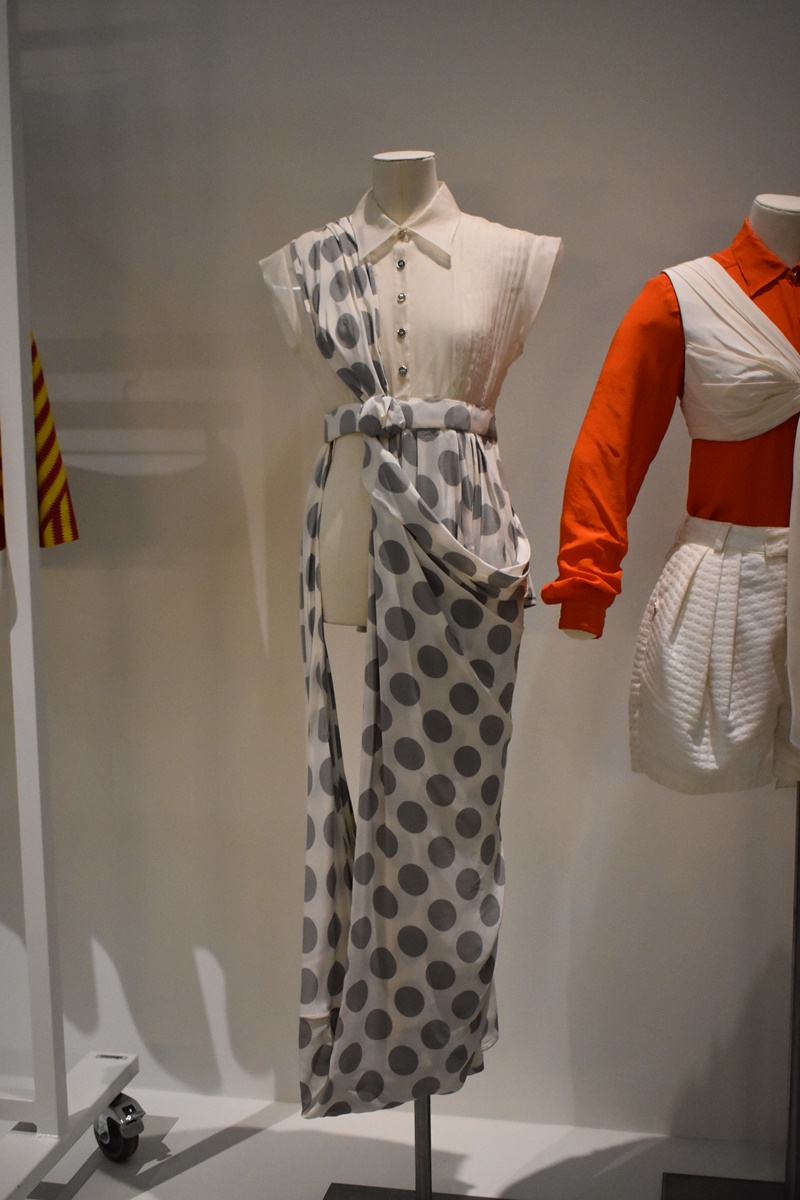
Likewise, the IPF is a comprehensive research, collaboration, and education platform. Above all, it empowers industry participants to drive positive change within their operations and communities. As we approach 2025, which marks five years since the establishment of the IPF, this collaboration with Copenhagen Fashion Week (CPHFW) underscores the BFC’s strong commitment to leading the fashion industry toward a more sustainable and responsible future.
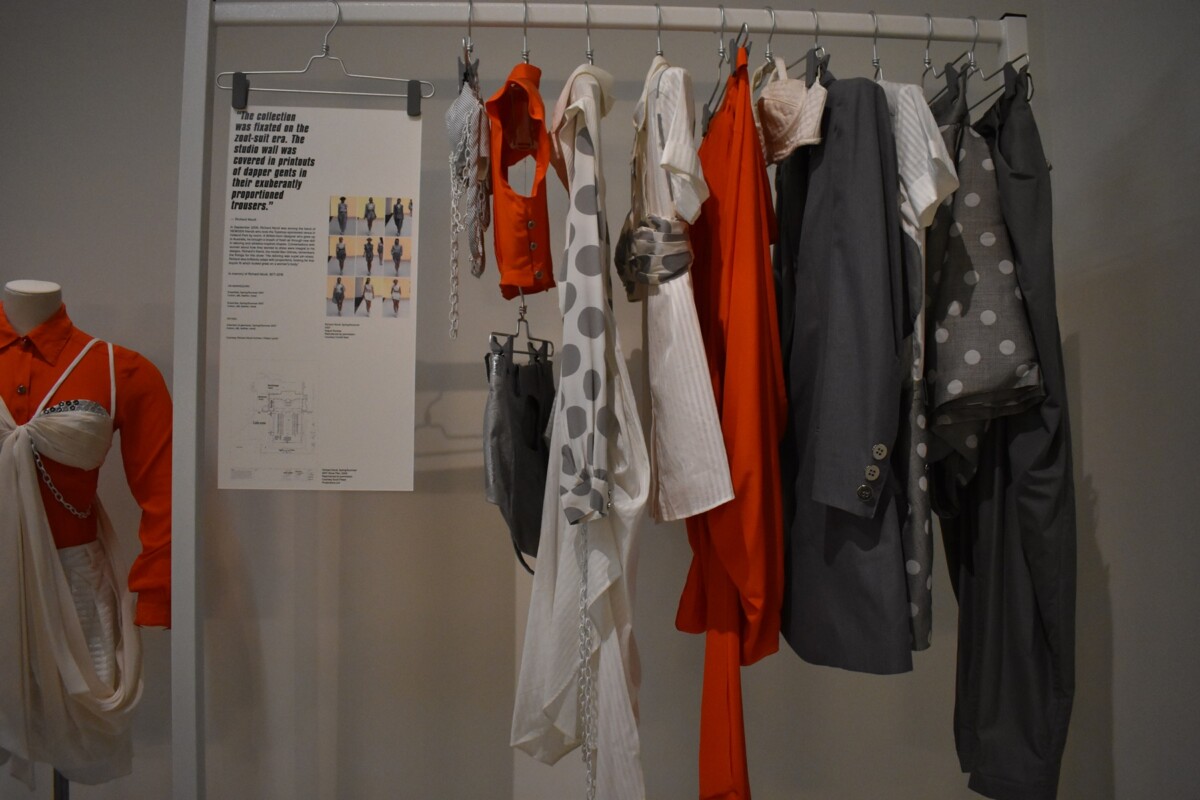
Eco-Friendly Runways: British and Copenhagen Fashion Week 2025 Set New Standards.
Copenhagen Fashion Week (CPHFW) introduced Sustainability requirements in January 2020. They were developed closely with their Knowledge Partners In Futurum and Dansk Fashion & Textile. That is to say, these requirements guide fashion brands and stakeholders to adopt sustainable practices to minimize the fashion industry’s environmental impact.
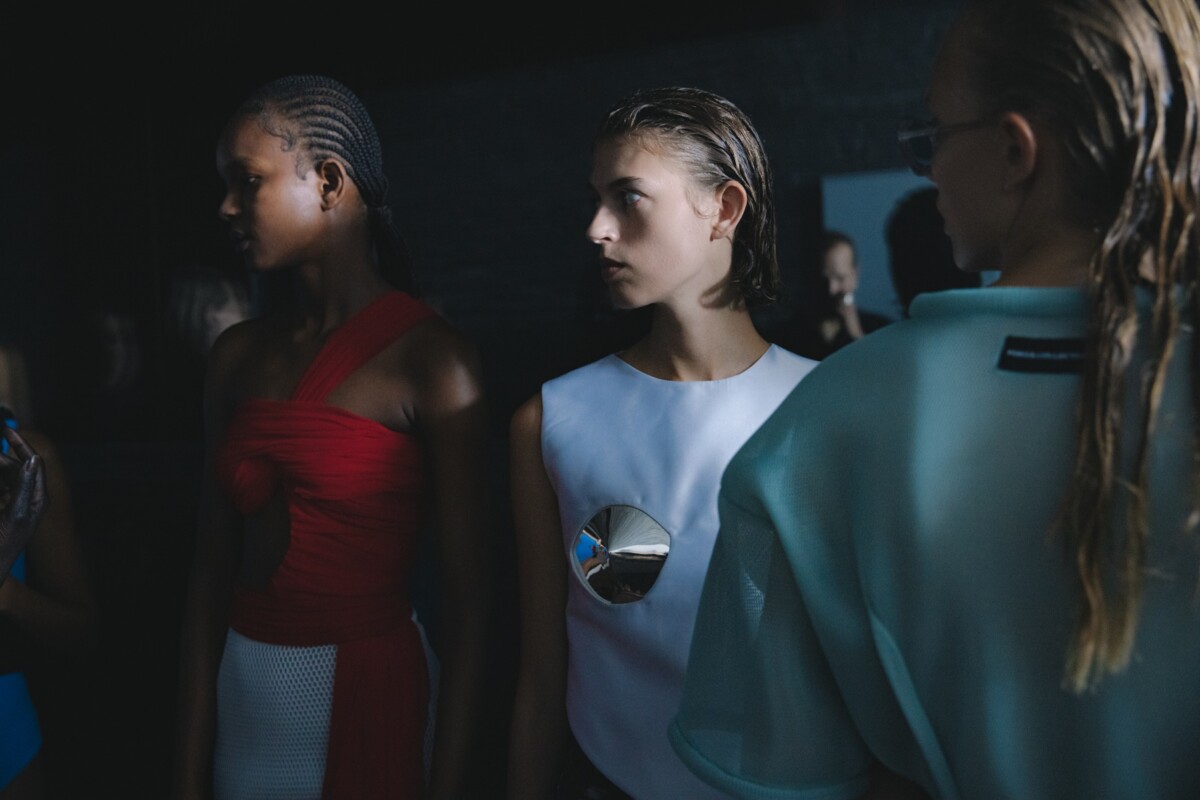 In 2024, the Sustainability Requirements framework underwent significant updates to align with recent advancements in the industry and changes in the European Union’s policy landscape. However, these proactive updates aim to keep the requirements relevant and practical. In addition, the framework has been meticulously crafted and reviewed by an Advisory Board, and an international panel of experts in sustainability and fashion, guaranteeing that it meets the highest standards. On the other hand, this proactive approach underscores the urgency and importance of sustainability in the fashion industry.
In 2024, the Sustainability Requirements framework underwent significant updates to align with recent advancements in the industry and changes in the European Union’s policy landscape. However, these proactive updates aim to keep the requirements relevant and practical. In addition, the framework has been meticulously crafted and reviewed by an Advisory Board, and an international panel of experts in sustainability and fashion, guaranteeing that it meets the highest standards. On the other hand, this proactive approach underscores the urgency and importance of sustainability in the fashion industry.
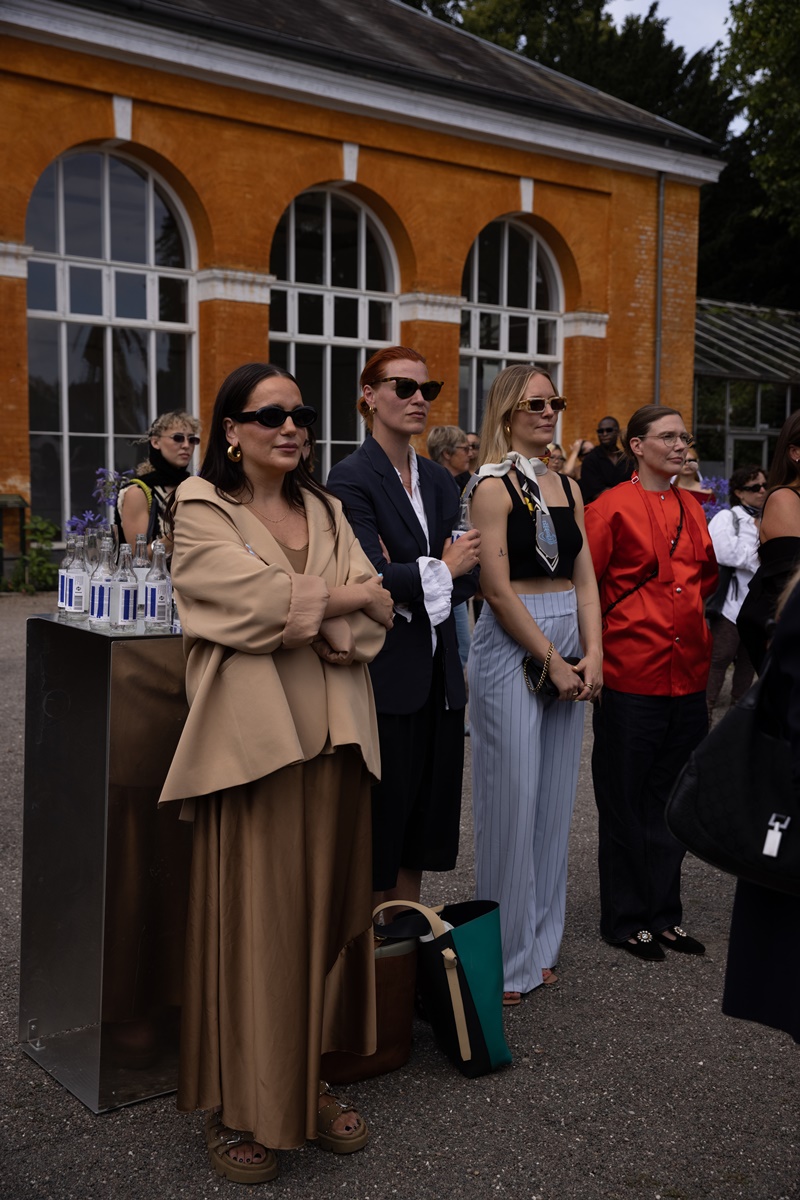
James Cochrane photo credits
Since its inception, several organizations, including the Norwegian Fashion Hub, Oslo Runway, and Berlin Fashion Week—executed by Fashion Council Germany—have actively committed to implementing the Sustainability Requirements framework. This collective effort aims to inspire other fashion events and brands to follow suit. Ultimately, it contributes to a more sustainable future in fashion and signals significant momentum and progress in the industry. In short, this growing recognition should inspire and motivate the audience to join the movement towards sustainability.

James Cochrane photo credits

